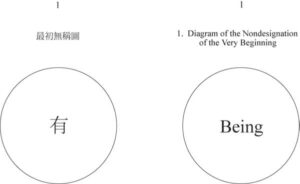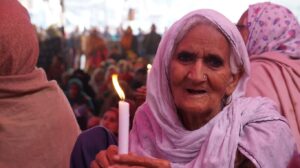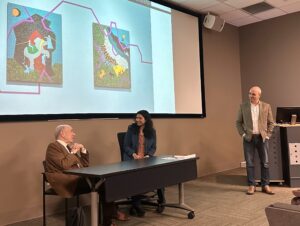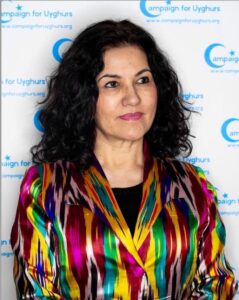Events
Upcoming Events

The Quest for a Universal Science: Some Historical “Islamic” Case Studies
Associate Professor of Religious Studies, University of Southern California
Tuesday, November 18 at 4:10 pm
201 Buttrick Hall
.
Scholars in the humanities and social sciences have understood theory in a variety of ways. Most or all specialists in religion have given up the pursuit of a “theory of religions” with any pretension to universal applicability, at most acknowledging recurring patterns or resemblances among historically and culturally distinct phenomena. By contrast, many influential pre-modern intellectuals and theorists actively pursued a “science of the universal” that was potentially capable (in its own way and within its own milieu) of bringing all phenomena (including the data of religion) within its ambit. Although text scholars, historians, and historical anthropologists today must surely recognize every “universal science” as one that nevetheless reflects the distinct positionality of a given (historical) subject and subjectivity, the sympathetic study of those sciences still has immense value for the humanities. For one, it enables scholars of the human sciences to challenge the conceptual structures and categories that continue to impede a more authentic encounter with the premodern other through the disciplined practice of inhabiting other (often radically different) conceptual horizons. In this talk, I present a series of case studies involving the theorization of “religion” or religious encounter from within premodern “Islamic” conceptual frameworks. In so doing, I suggest the value that such practices of “defamiliarization” surely have for scholars in the contemporary academy.
Past Events

“Toward a Negative Zoology: Human Limitation and More-Than-Human Worlds”
Associate Professor of Anthropology, University of California Santa Cruz
Wednesday, October 16th
____________________________________________________________________________________________________

Dr. Razak Khan, Research Fellow, Center for Modern Indian Studies (CEMIS), Georg-August-Universitat, Gottingen (Germany) Presented “From Khilafat to Shaheen Bagh Movement: Muslim Women and Unveiling as Politics in India” on October 1, 2024.
____________________________________________________________________________________________________

Munira Khayyat, Clinical Associate Professor, NYU Abu Dhabi lectured on “MASKUN: HAUNTED ROOTSAND RESISTANT SPIRITS INA LANDSCAPE OF WAR.”
____________________________________________________________________________________________________

Ruhee Maknojia, Artist-in-Residence at the University of Tennessee Knoxville, presented on “Animals and Humans in Court: Contemporary Art Explores an Arab Ecological Fable from the Tenth Century.”
____________________________________________________________________________________________________

Rushan Abbas, Executive Director of Campaign for Uyghurs, lectured on “The Uyghur Genocide Explained.”
